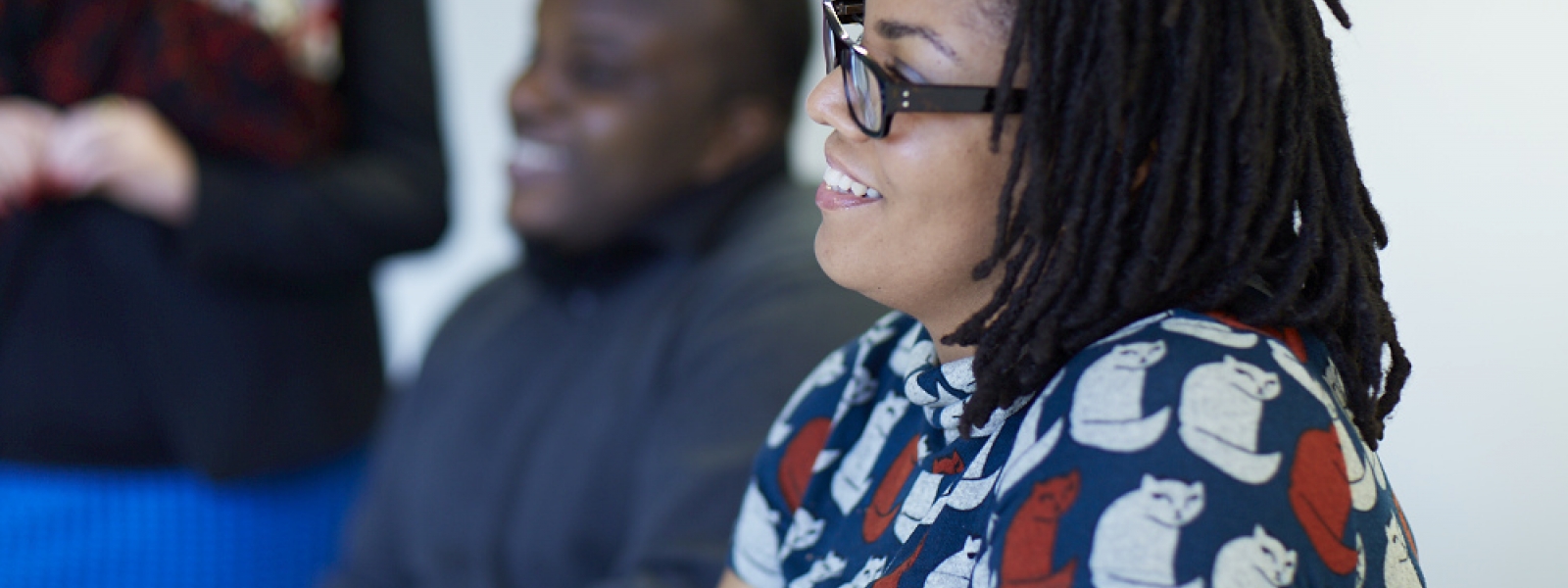May
21
2015
Achieving success with positive psychology
By Viv Thackray.
Would you like to increase your wellbeing? Are you curious to know the practical steps you can take towards positive transformation? Perhaps you’d like to promote a thriving and productive culture in your workplace? If you answered yes to any of these questions, then positive psychology, the scientific study of positive human development, is for you.
Mindset is a simple yet groundbreaking idea from the field of positive psychology. Psychologist and world renowned mindset expert, Carol Dweck, has spent decades researching achievement and success. Mindset research reveals:
- How teaching a simple idea about the brain can drastically increase performance and productivity.
- Why intelligence and talent don’t accurately predict success.
- How intelligence and talent may even become obstacles to success.
- How we can unlock the limitless potential in ourselves and others by developing a growth mindset.
Do you have a fixed or growth mindset?
Dweck’s childhood experience of the classroom sparked a lifetime fascination with intelligence and achievement. She remembers of her teacher,
“She let it be known that IQ for her was the ultimate measure of your intelligence and your character…”
Dweck’s research reveals that we all possess either a fixed mindset or a growth mindset. It’s possible to have a growth mindset in some areas of life and a fixed mindset in others. Mindset has a profound effect on motivation to learn.
Those with a fixed mindset believe:
- intelligence, abilities and talents are fixed and cannot be changed
- success is created by innate talent
- success = superiority
- effort makes no difference to ability
- failure is all defining and results in a fear of being judged
- people with a fixed mindset have less ability to bounce back from setbacks because they believe failure defines them
Those with a growth mindset believe:
- intelligence, talent and ability are just the starting point, with effort they can be developed
- we are capable of improving all areas of our lives by developing our strengths
- failure hurts but isn’t defining
- the effort and process of learning are enjoyable
- you can always learn from setbacks and use them to develop
- successes are to be celebrated
In her research with junior high school maths students over a two year period, Dweck noticed a downward trend in performance for students with a fixed mindset and an increase in results for those with a growth mindset.
An eight week intervention was implemented for one group of students who were taught how they could learn to improve results by understanding and adopting a growth mindset. They were told the more they used their brain the greater it’s capacity to learn would become. A control group was taught study skills but not Dweck’s mindset theory about strengthening the brain.
After only two months the students who learned about mindset showed a greater improvement in grades and study habits than students in the control group.
The power of belief
Teaching the students about mindset improved motivation and developed their power of self-belief. The growth mindset group grasped that they could have an impact on their mind. By applying effort to learning, the group understood that they were firing and wiring neurons together in the brain, developing new neural pathways. They were energised by the idea that their efforts could make a physical difference to their brains and a positive difference to their abilities.
Dweck asked the teachers to pick students who had shown positive change. Although the teachers were unaware that there had been two groups, all the children they picked were from the growth mindset group.
Four steps to develop a growth mindset
Follow these four steps to develop a growth mindset:
Step 1: Learn to hear your fixed mindset inner dialogue, typical fixed mindset comments that you might say to yourself are, “Maybe you don’t have the talent?” or “You’ll fail, so why bother?”
Step 2: Recognise that you have a choice in how you respond to such criticism, challenges or setbacks. The choice is yours, you can maintain a fixed mindset or adopt a growth mindset.
Step 3: Talk back to your fixed mindset inner dialogue with a growth mindset voice. A typical growth mindset response to a criticism might be, “Most successful people had failures on their way” or “If I don’t try I automatically fail.”
Step 4: Adopt a growth mindset approach by committing to:
- take on the challenge wholeheartedly
- learn from your setbacks and try again
- hear the criticism and choose a growth mindset response, your mindset is up to you
Viv Thackray is a positive psychologist and trainer at the Centre. Viv facilitates a series of positive psychology courses at the Centre. Her next workshop, Increasing performance with positive psychology, is running at the Centre in August. Book your place now.
Viv also runs the online resource Positive Change Guru which provides practical tools for positive change at.


